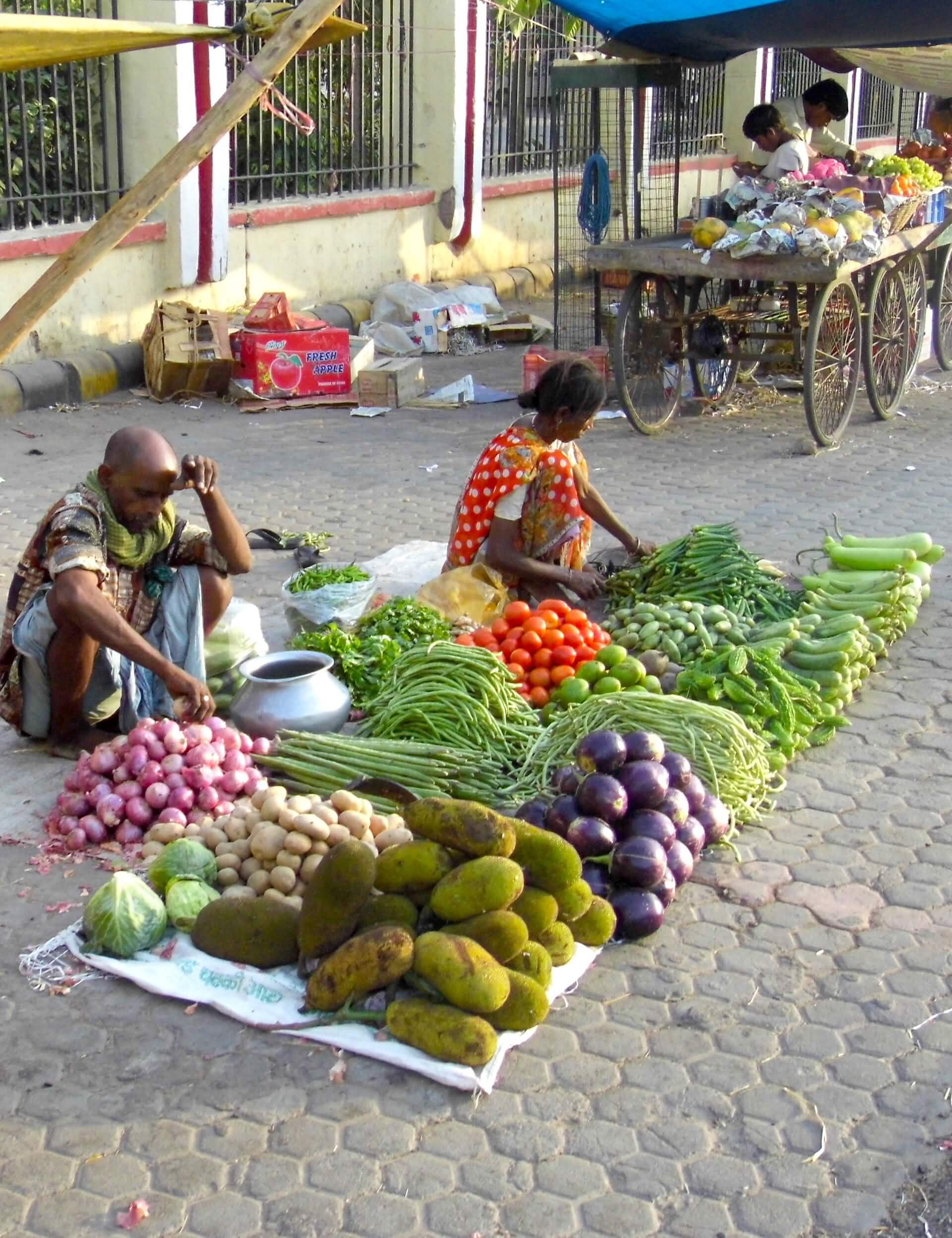
Solar power for street vendors? Problems with centralized charging stations in urban markets
David Szakonyia (associate professor from George Washington University) and Johannes Urpelainen (Professor from Johns Hopkins School of Advanced International Studies)
While energy poverty is a particularly large problem in rural areas, rapid urbanization in developing countries is also raising concerns about energy access in urban areas. How can policymakers improve energy access for the urban poor? Researchers addressed this question by investigating the use of solar power for improved lighting for urban street vendors. Findings reveal potential problems with the approach. Key issues include opposition by local strongmen who operate diesel generators, the difficulty of finding local entrepreneurs to operate the system, vendor misuse of the lights, and physical barriers such as land availability. Policy recommendations include considering the sales of standalone devices and relying on the urban electricity grid for connections.
With the help of a NGO, Nidan, researchers provided access to high-quality solar lighting to street vendors in Patna, Bihar. MORSEL has conducted a mapping of all marketplaces in Patna and collected primary data of 1,000 randomly sampled street vendors in three waves.
Location: Bihar

